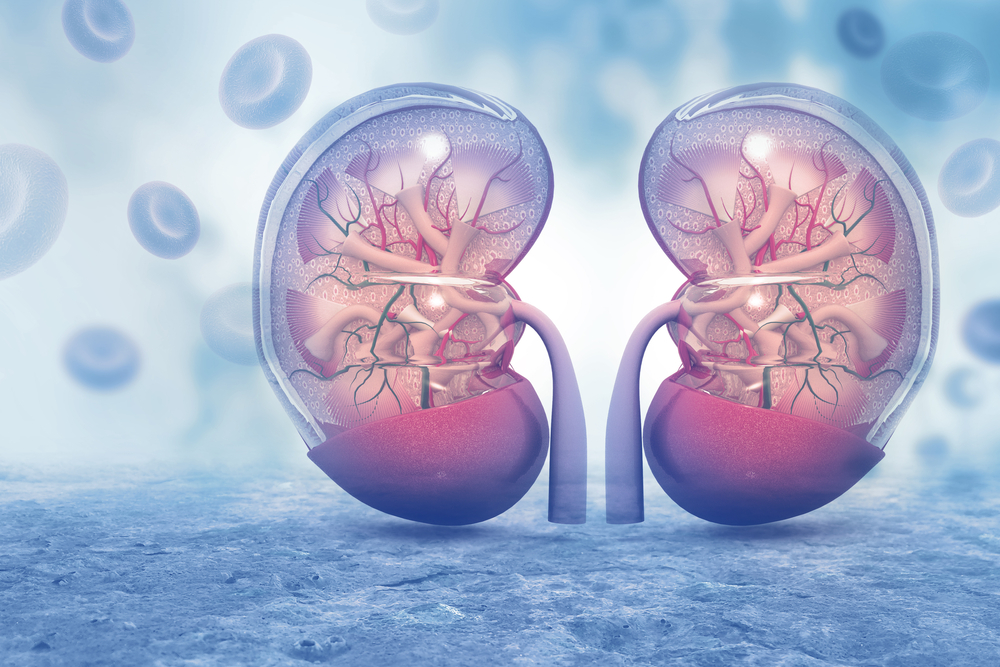Small Molecule LA1 Suppresses Inflammation, Improves Renal Function in SLE Patients
Written by |

Scientists at Chicago’s Rush University Medical Center have discovered a small molecule that can significantly ameliorate symptoms in systemic lupus erythematosus (SLE) patients who carry a defective CD11b protein. The findings suggest that pharmacologic activation of CD11b is a potential new therapeutic strategy for SLE.
The study, “CD11b activation suppresses TLR-dependent inflammation and autoimmunity in systemic lupus erythematosus,” appeared in The Journal of Clinical Investigation.
Previous studies have shown that small genetic variations, called single-nucleotide polymorphisms (SNPs), within key genes of our immune system are strongly associated with SLE risk. One such gene is called ITGAM, which encodes for the production of the protein CD11b. These variations seen in SLE appear to reduce CD11b function.
CD11b is an important mediator of the immune system response, particularly by acting as a negative regulator of toll-like receptors (TLR), signaling molecules that alert for the presence of microbes and other pathogens. TLR activation induces the production of type I interferon (IFN-I), which is a crucial component of the immune system response against infections. However, if wrongly activated, IFN-I can cause damaging inflammation.
Researchers have now discovered that SLE patients carrying ITGAM variants, and consequently a defective CD11b, showed increased levels of IFN-I in their blood.
This means that in these patients, a defective CD11b protein cannot regulate TLRs-mediated signaling, leading to the production of IFN-I even in the absence of an infection. This results in an inflammatory, uncontrolled state characteristic of SLE.
The team hypothesized that enhancing CD11b’s activity could be a therapeutic strategy for SLE. Researchers used an SLE mouse model to study the effects of a small molecule agonistic for CD11b, called LA1. Treatment with LA1 was found to significantly reduce disease burden and symptoms, including lupus nephritis (LN), a renal complication.
“This is the first time anyone has shown that you can use small molecules to activate CD11b and lessen systemic inflammation in an autoimmune disease,” Vineet Gupta, PhD, director of Rush’s Drug Discovery Center, said in a press release. “We have identified a new drug-like compound that reduced the disease burden.”
The LA1 compound “binds to CD11b and activates it, and by doing so enhances the ability of CD11b to suppress TLR signaling. More importantly, it binds to the normal and the mutant CD11b equally well, and forces them in an active state. The compound does not negatively impact the body’s ability to fight infection, but it can reduce inflammation in the setting of an autoimmune disease. It’s a much more targeted approach that makes it ultimately more effective,” said Gupta.
Gupta’s team also tested the effects of LA1 in blood samples from SLE patients carrying the genetic variations that lead to defective CD11b, and observed that LA1 suppressed their activated IFN-I response.
Overall, said Gupta, “our studies suggest that CD11b activation should be explored as a novel therapeutic strategy for SLE, particularly as a personalized approach for patients carrying specific ITGAM genetic mutations.”




